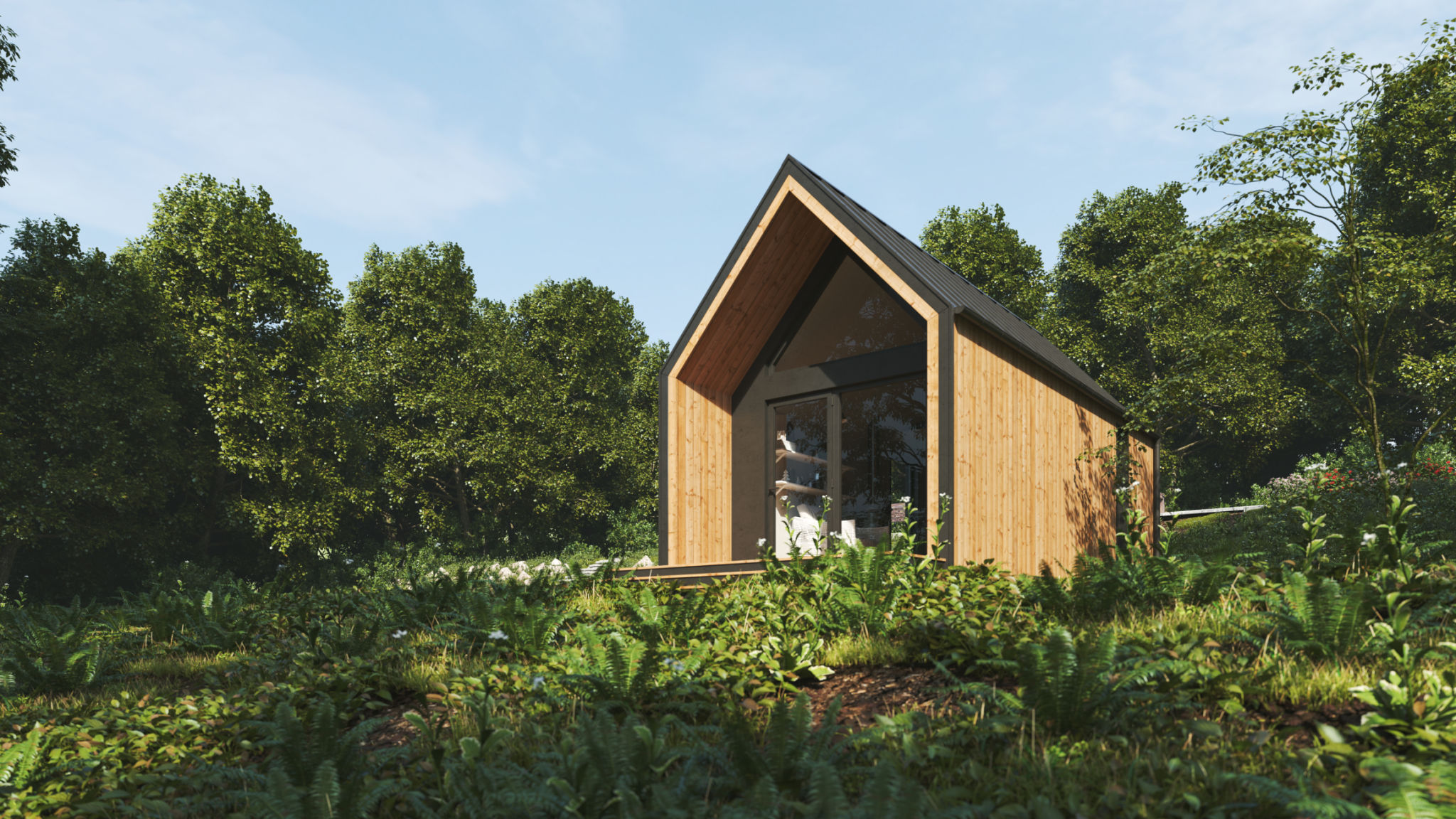Expert Insights: The Future of Sustainable Building Practices in Spain
As the world grapples with the pressing challenges of climate change and environmental degradation, the construction industry in Spain is undergoing a significant transformation. The focus is shifting towards sustainable building practices that minimize environmental impact and promote energy efficiency. This shift is not just a trend but a vital component of the future of construction in Spain.
The Rise of Green Building in Spain
Sustainable building practices in Spain are gaining momentum as developers and architects embrace eco-friendly materials and technologies. The use of renewable resources, such as bamboo and recycled steel, is becoming more common, reducing the carbon footprint of new constructions. Furthermore, green roofs and walls are increasingly popular, offering natural insulation and improving air quality in urban areas.

Innovative Technologies Leading the Way
Technological advancements are at the forefront of sustainable building practices in Spain. The integration of smart home technologies allows for better energy management, optimizing heating, cooling, and lighting based on occupancy and weather conditions. Additionally, advancements in solar panel technology are making it more cost-effective and efficient for buildings to harness renewable energy.
Building Information Modeling (BIM) is another game-changer, offering detailed 3D models that help architects and builders make informed decisions about resource use and waste reduction. These technologies not only enhance the sustainability of buildings but also contribute to their long-term economic viability.
Government Initiatives and Regulations
The Spanish government plays a crucial role in promoting sustainable building practices through legislation and incentives. Regulations are becoming stricter, with new standards for energy efficiency and waste management. Grants and tax incentives are available for projects that meet these standards, encouraging more developers to adopt sustainable practices.

The Role of Education and Awareness
For sustainable building practices to become the norm, education and awareness are essential. In Spain, universities and technical schools are incorporating sustainability into their curricula, preparing the next generation of architects, engineers, and builders to prioritize eco-friendly solutions.
Public awareness campaigns also play a significant role in changing consumer perceptions. As more people understand the benefits of sustainable buildings—such as lower energy bills and improved indoor air quality—demand for eco-friendly homes and offices is on the rise.
Challenges and Opportunities
Despite the progress being made, there are still challenges to overcome. The initial costs of sustainable building materials and technologies can be higher than traditional options, posing a barrier for some developers. However, the long-term savings on energy and maintenance often offset these initial expenses.

Opportunities abound for businesses willing to innovate. The demand for green construction materials and technologies is expected to grow, opening new markets and driving economic growth. Companies that can offer cost-effective solutions will be well-positioned to benefit from this trend.
Looking Ahead: A Greener Future
As Spain continues to prioritize sustainability in its construction industry, the future looks promising. The combination of government support, technological innovation, and increasing public demand is driving a shift towards greener building practices. By embracing these changes, Spain is not only reducing its environmental impact but also setting an example for other countries to follow.
In conclusion, the future of sustainable building practices in Spain is bright. With continued effort from all stakeholders—government, industry professionals, and consumers alike—Spain can lead the way in creating a built environment that is both innovative and environmentally responsible.